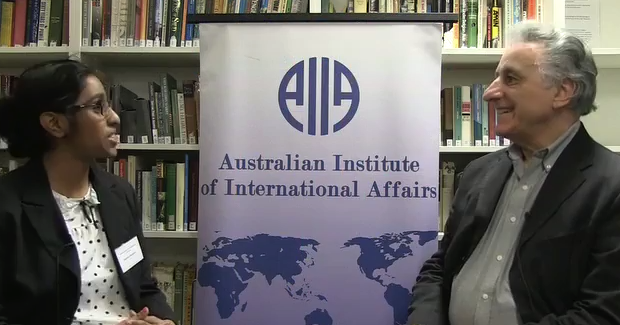Islam, ISIS and Global Politics

If religion is considered relevant at all to international relations, it is thought marginal at best and aberrant at worst. In conflict situations it is considered a complicating and even aggravating factor. But religion is neither innately conflict-prone nor peace-prone. Rather, its influence may be attributed to its ability to affect the solidarity of state and non-state actors and its potential to assist in reconciliation.
Recent research indicates that religion is more easily manipulated for negative purposes when other conditions are present, such as discrimination, and in the case of Islam, Islamophobia. These conditions have recently contributed to increased unhappiness among Muslims in Western societies and resulted in many feeling less of an affiliation with the nation-state. For some Muslims, religion then becomes the primary source of identity.
This is the point where groups such as ISIS gather followers who are influenced by a theology hijacked for ISIS’ own purposes.
Professor James Piscatori of the ANU’s Centre for Arab and Islamic Studies discusses religion, specifically Islam, in global politics.
Professor James Piscatori is a leading scholar of political Islam at the Centre for Arab and Islamic Studies at the Australian National University. He has been a research fellow at the Royal Institute of International Affairs in London and a senior fellow at the Council of Foreign Relations in New York.
Professor Piscatori was interviewed by AIIA ACT intern Supriya Benjamin prior to his presentation to AIIA ACT, Religion and the Pursuit of Peace on 25 August 2016.
Filmed by Brendan Martin of the AIIA’s National Office


